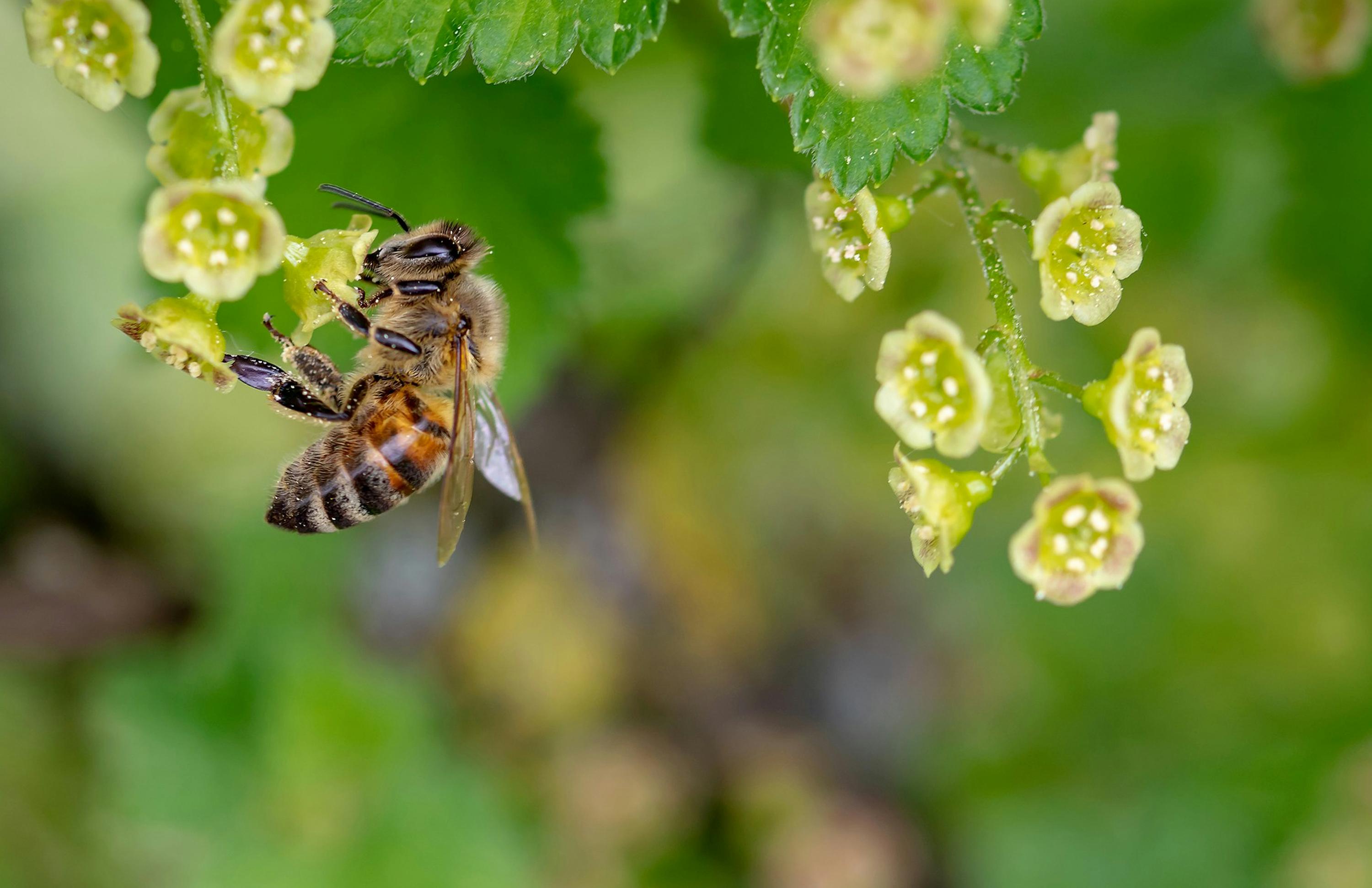
Think you’re busy? Consider the honeybee.
She can visit more than 2,000 flowers a day — spreading pollen and fertilizing everything from wild flora in forests to the crops we use for food, clothing and medicine.
Three out of every four plants grown for fruits or seeds — and more than a third of agricultural land worldwide — depend at least in part on bees and other pollinators. All told, they support more than $200 billion in global food production each year.
Yet around the world bee populations are in decline. Mass die-offs have been linked to pesticides, parasitic mites and shrinking native habitats. Extreme heat fueled by climate change is further disrupting colonies and their foraging patterns.
By the numbers
20,000
species of wild bees
There are 20,000 species of wild bees. Globally, more than 40 percent are vulnerable to extinction.
35%
of crop production
Bees and other pollinators contribute to 35 percent of the world’s total crop production.
231
kilometers
Bee territories have retracted by nearly 231 km (200 miles) in North America and Europe.
By providing training, equipment and other support, Conservation International promotes beekeeping in communities around the world. Our beekeeping initiatives contribute to the sustainable management of a wide range of ecosystems — from the Ecuatorian Amazon to Fiji’s foothills to Kenya’s savannas — by generating new sources of income. Through the sale of honey and its byproducts, communities develop alternative livelihoods that work with nature, not against it.
Enabling farmers and others to diversify their sources of income helps increase their resilience to climate change, which is already shifting precipitation patterns and causing more frequent and severe weather events that reduce crop production.
Our work reflects the enduring symbiotic relationship between bees, humans and nature. It aims to protect people and the invaluable biodiversity that we all depend on.
The beehives remind me of our women’s group: Every woman plays an important role in our collective success. We’re smart and we work hard, just like bees in a hive.”
Where we work with bees
Conservation International supports beekeeping projects in diverse ecosystems— ensuring the well-being of bees and beekeepers alike.
On the ground
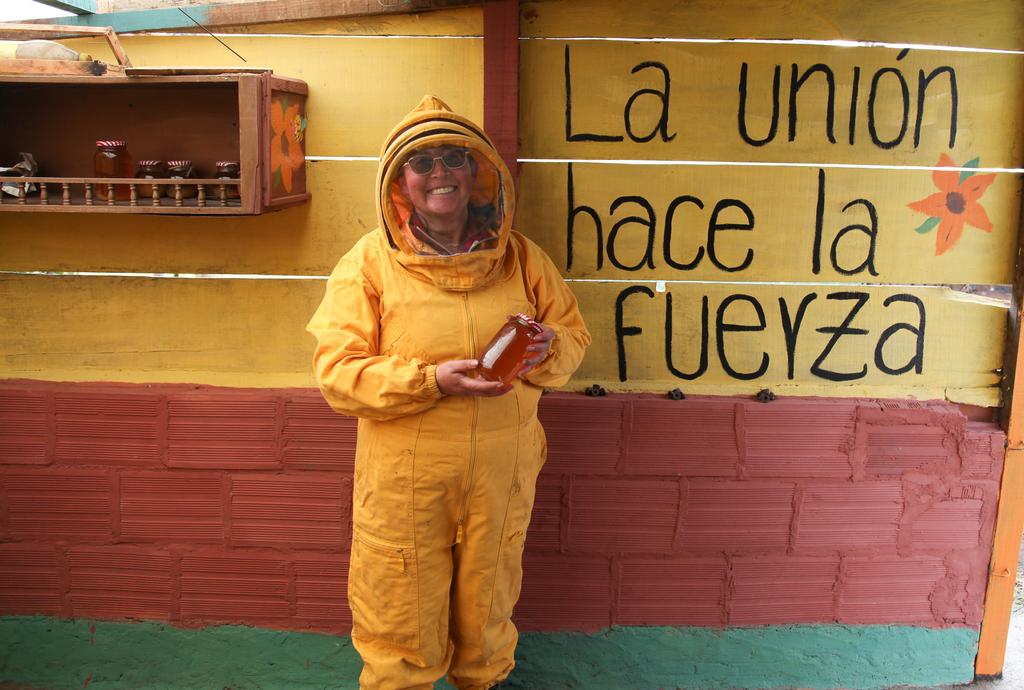
Beekeeping as a sustainable business
Around the world, women beekeepers are helping to protect bees by sharing their knowledge and traditions. The bees, in turn, provide honey — an important source of food and income, which in many cases generates economic independence and autonomy for women in places where there are few other opportunities. Hear from three beekeepers who live in very different geographies, but are united in their passion for the pollinators.
Learn more: For these women, sustainable business is buzzing

Beekeeping in Chyulu Hills, Kenya
To provide for their families, people living in Kenya’s Chyulu Hills are turning to a “sweet” enterprise that also protects the forest: Beekeeping.
A forest carbon project supported by Conservation International and the Maasai Wilderness Conservation Trust has helped establish hundreds of beehives across Chyulu Hills. Honey sold in local shops and on the Mombasa highway generates extra income — especially for women, who have historically lacked opportunities in the region. And the increase in pollinators has helped boost crop growth in farms.
An added bonus? Because elephants avoid swarms of bees, the hives helps reduce crop-damage and minimize conflicts between humans and elephants.
Learn more: When COVID flattened tourism, carbon credits kept these African hills ‘green’
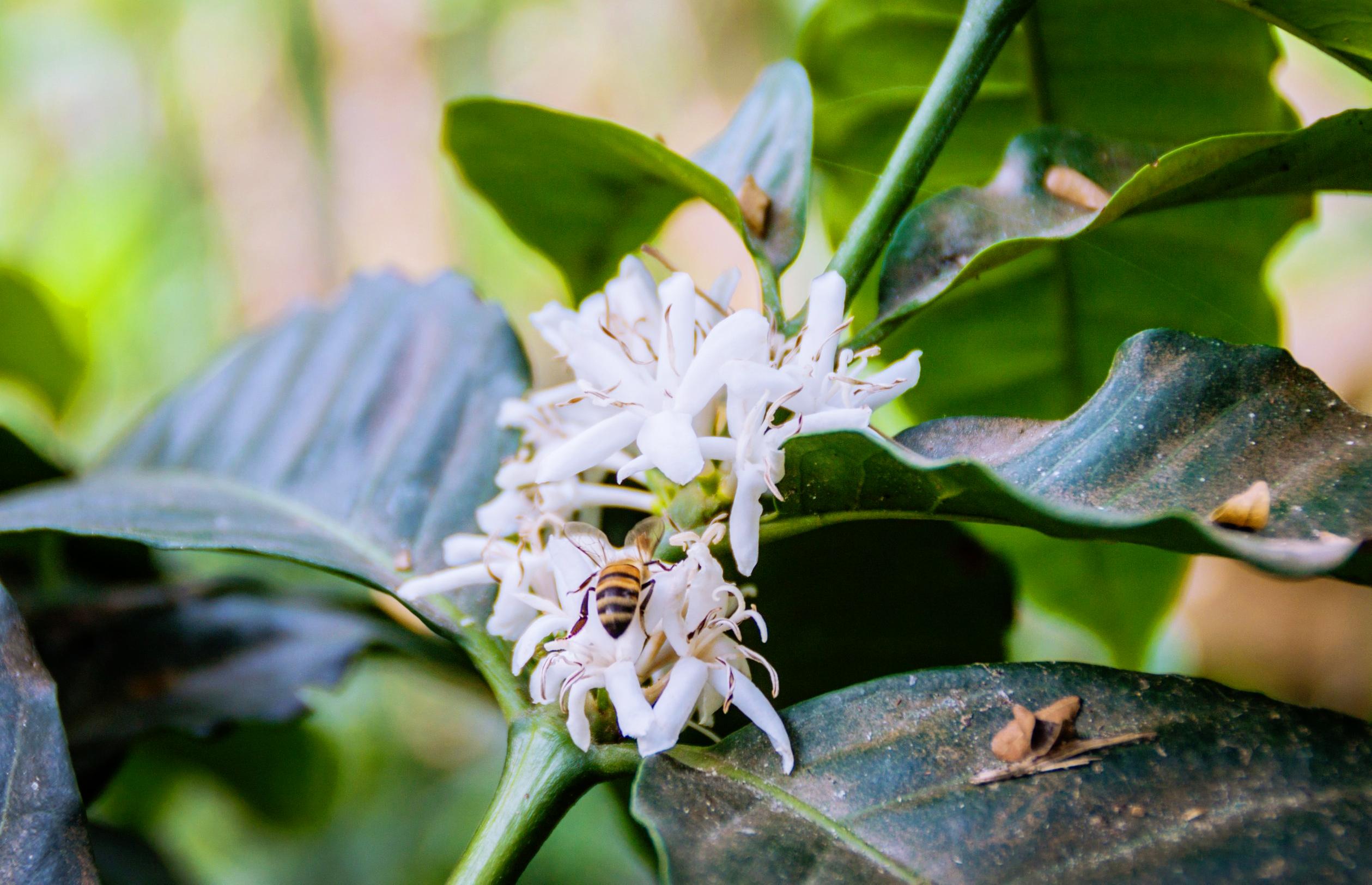
Beekeeping for coffee
In Latin America, the world's coffee-growing powerhouse, rising temperatures are expected to threaten up to 88 percent of the areas suitable for coffee cultivation by 2050. A Conservation International study looks at the relationship between coffee, bees and climate change — with the aim of developing appropriate management practices, such as forest conservation, to safeguard coffee harvests and bee populations.
Learn more: To weather a changing climate, coffee needs bees, trees: study
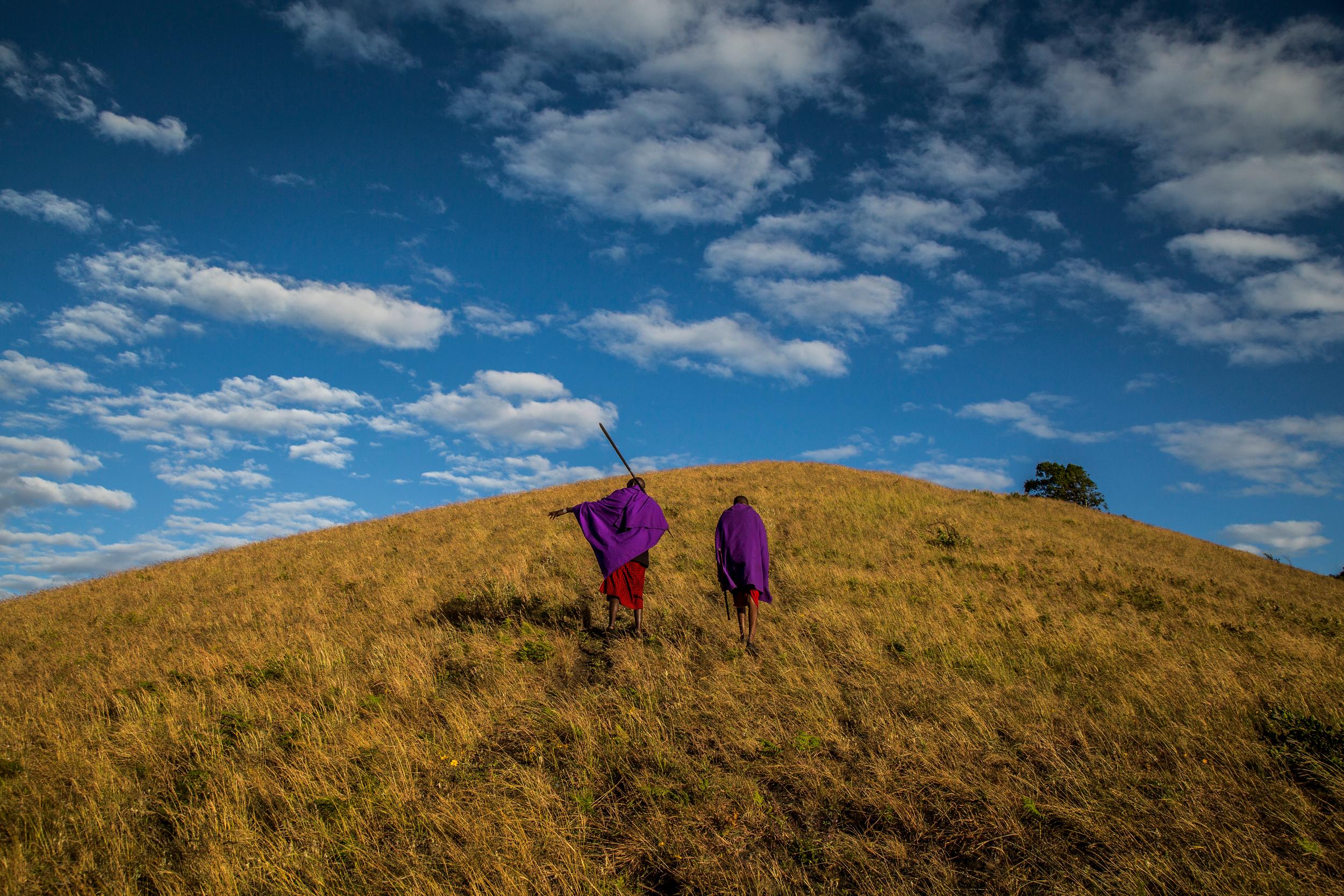
Indigenous women protecting Melipona bees in the Amazon
In the heart of the Amazon, stingless Melipona bees provide medicinal honey prized for centuries by Indigenous communities. Yet the beesare threatened by deforestation, pesticides and climate change. Indigenous women are by drawing on their ancestral knowledge to protect the Melipona bees. Through Conservation International's Amazon Indigenous Women's Fellowship, these women receive vital support, including funding, training, and networking opportunities to spearhead conservation efforts in their territories.
Learn more: 3 ways Indigenous knowledge protects nature
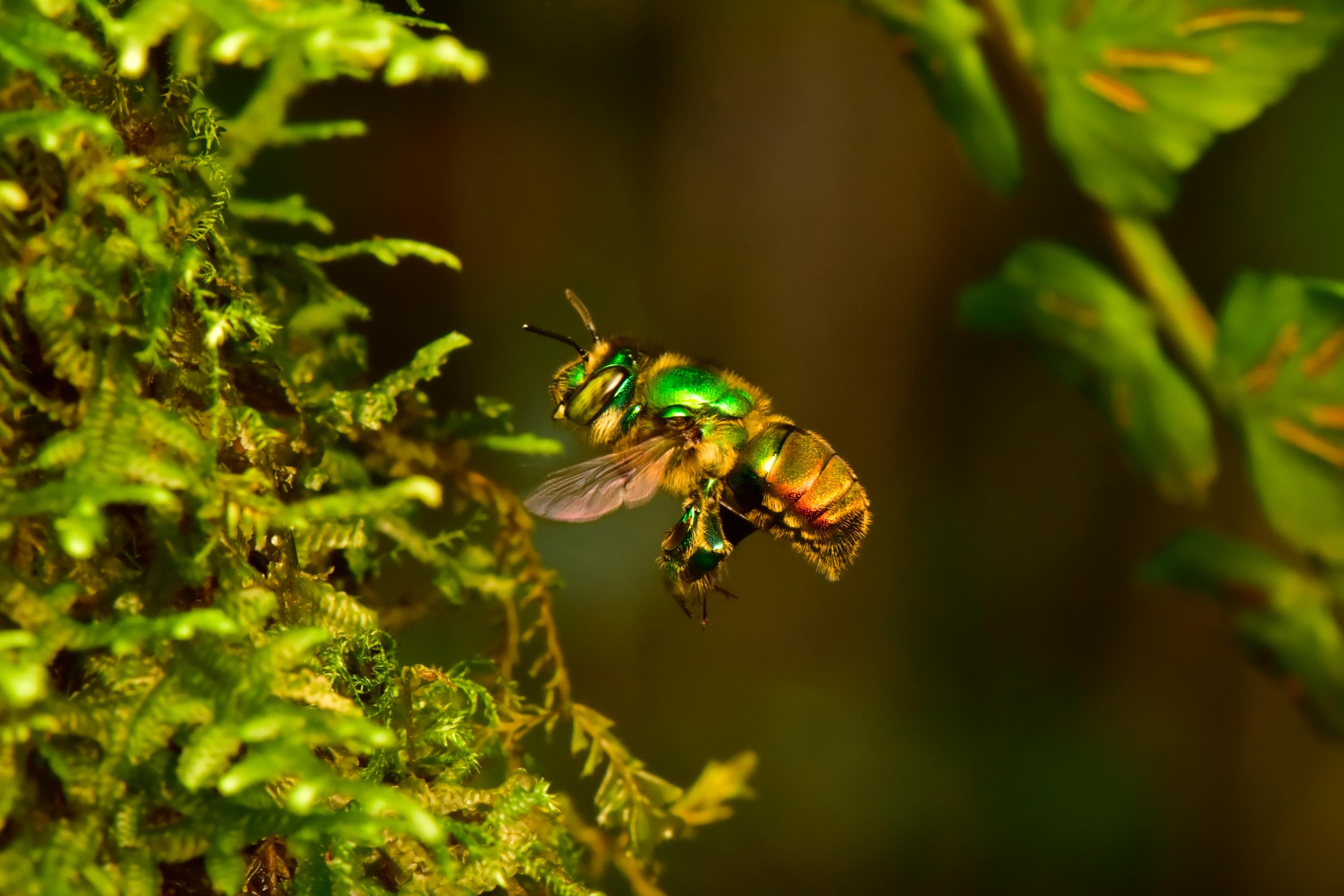
Climate change’s toll on bee diversity
Bees are key players, ensuring the pollination of plants and the production of a third of the world's crops. However, climate change is threatening them — disrupting seasonal connections between bees and flowers and causing habitat loss as bees fail to migrate to cooler areas and establish new hives. jeopardizing them. Globally, more than 40 percent of bee species are vulnerable to extinction.
Learn more: The buzz on climate change: It’s bad for bees

Beekeeping for sustainable landscapes in Mexico
In collaboration with our partners , Conservation International is transforming beekeeping across Mexico’s Yucatan Peninsula, by helping to conserve more than 32,000 hectares (79,000 acres) of vital ecosystems. This initiative integrates beekeeping into landscape management, fostering economic opportunities, preserving biodiversity, and supporting local communities.
Learn more: Transformando desafíos en oportunidades: Uniendo y articulando comercialización, conservación y comunidades
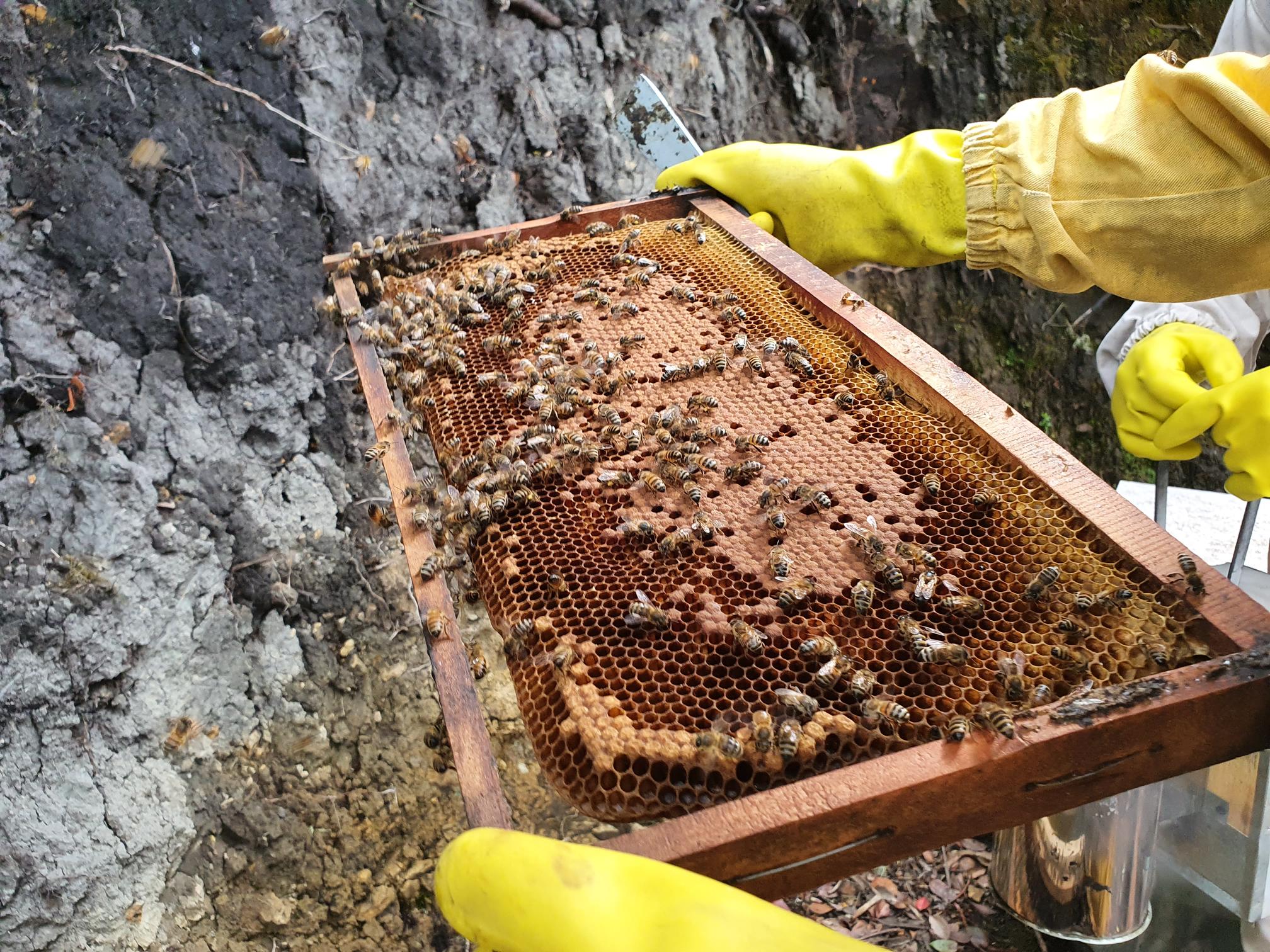
Beekeeping for sustainable landscapes in Colombia’s Paramos
At the young age of 16, Arley Rodriguez was already making a name for himself as a prolific beekeeper in his village in Colombia’s Andean highlands. He and his family, participate in Conservation International’s climate change adaptation program, which bolsters families economies while safeguarding the invaluable Paramo ecosystem.
Learn more: Arley Rodríguez: apicultor y emprendedor a los 16 años
What kind of bee are you?
Personality quiz
Videos
Women are driving efforts around the world to protect bees, fuel local economies safeguard the environment. Meet three extraordinary women whose journey in beekeeping embodies resilience and strength. Through their work, they have transformed their lives and catalyzed change in their communities and beyond.
Stingless Melipona bees are sacred to the Yucuna Indigenous people of Colombia, who believe the bees were created to protect life. Now, Indigenous leaders are working to ensure that their ancestral knowledge of Melipona bees — and the bees themselves — survive.
If you enjoyed a morning cup of coffee or a sweet apple today, take a moment to appreciate the indispensable role bees play in making these pleasures possible. Approximately one-third of the food we consume is thanks to the diligent work of bees and other pollinators. Globally, they contribute an impressive $170 billion to crop production annually.
In the lush forests of the Colombian Amazon, Carmenza Yucuna, a member of the Yucuna Indigenous community, regards Melipona bees as her allies: Their medicinal honey has been used for centuries as a traditional remedy for wounds and infections. Through the Amazon Indigenous Women’s Fellowship, she is improving their care and management in her region.